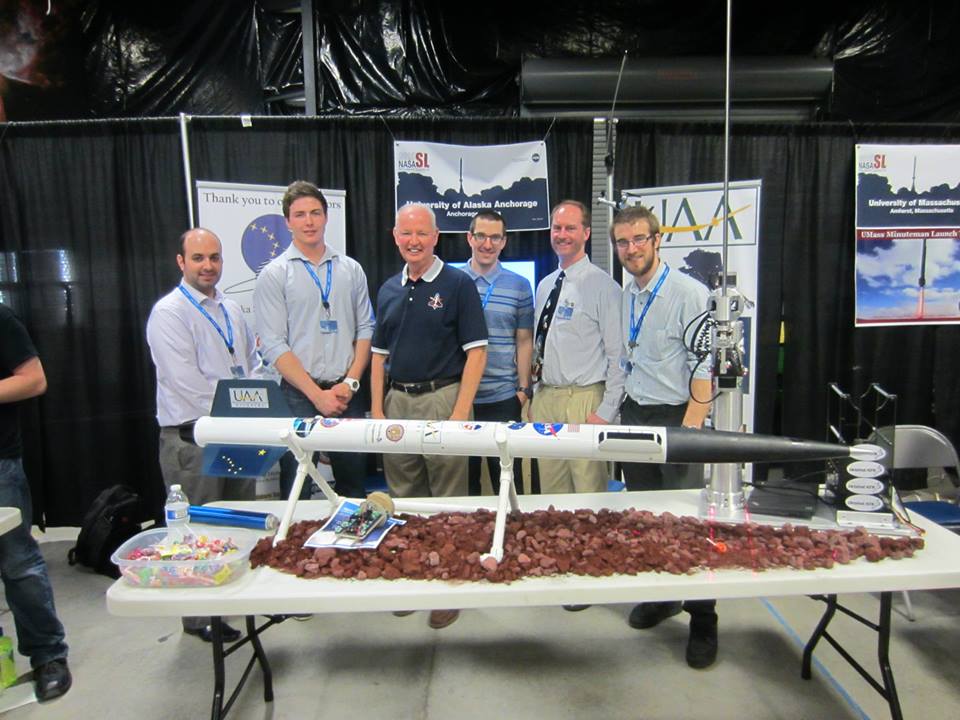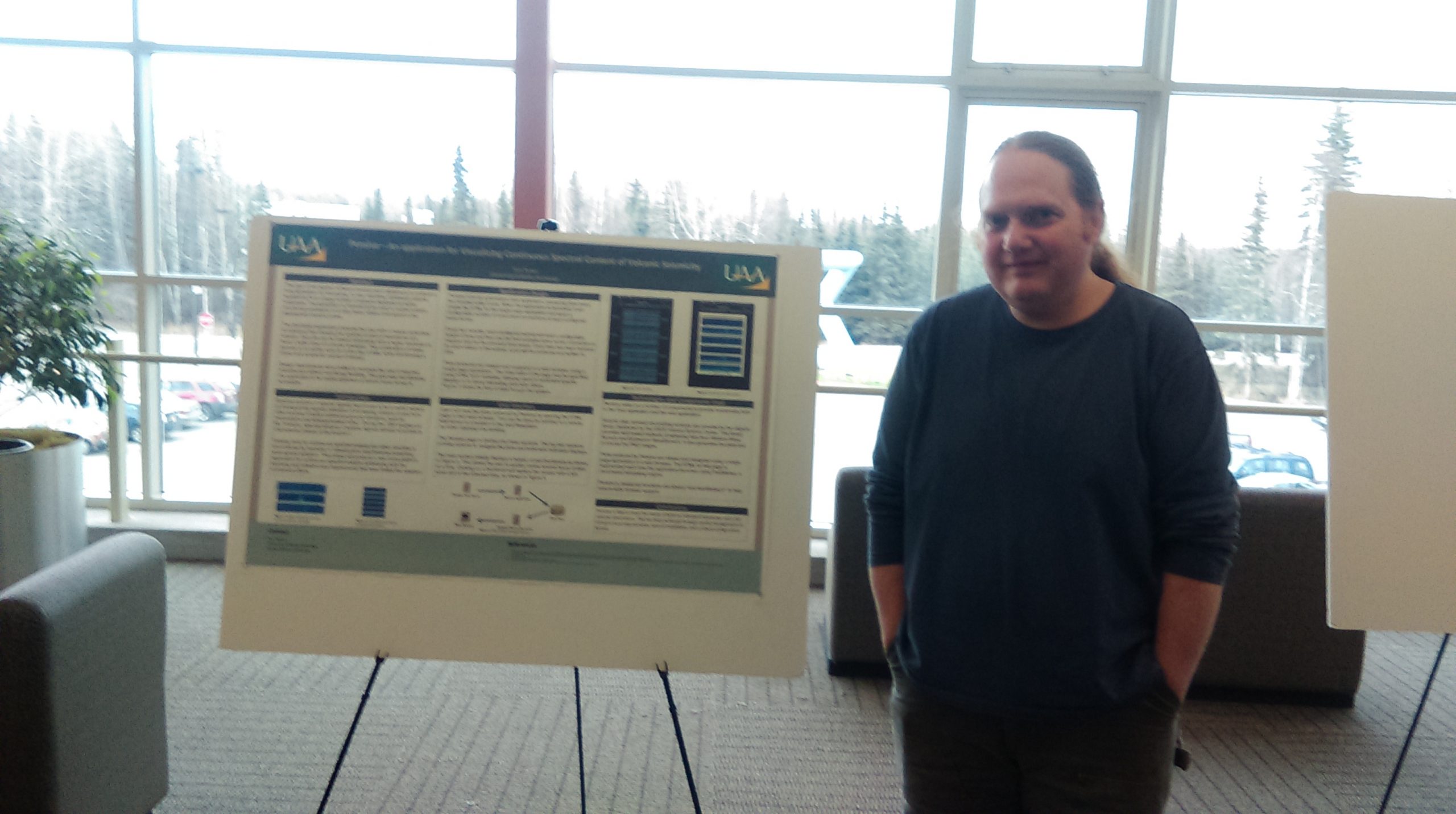This capstone is a portion of a larger interdisciplinary project. The parent project is to create a rocket and all necessary support equipment designed to specifications provided by NASA for entry in the 2015 NASA Student Launch Competition.
The aim of this applied software development capstone is to produce a new application for visualizing, in near real-time, continuous seismic waveforms from a large number of sensors deployed on active volcanoes.
The target of this capstone is to present a new new take on a home alarm system. The development focuses on making an open source implementation with the use of a Raspberry Pi.
The purpose of this paper is leave an account of the three months spent developing my senior project at the University of Alaska Anchorage as a computer science major and the challenges that were encountered.
Driving Simulators require development of complex environments to re-create real world driving scenarios. The goal of this project is to create a realistic driving simulator of the University of Alaska Anchorage campus.
The target of this capstone is to present a new Android application that utilizes GPS to determine a user’s location and trigger alerts set up by the user.
In this paper, we argue that the notion of a CAPTCHA (Completely Automated Public Turing Test to tell Computers and Humans Apart) system which sorts humans from machines with perfect accuracy is not merely technically challenging but tightly connected to the philosophy of AI and therefore fraught.
The target of this capstone is to present a new compression scheme and suite that is not derived from previous notable schemes already established.








